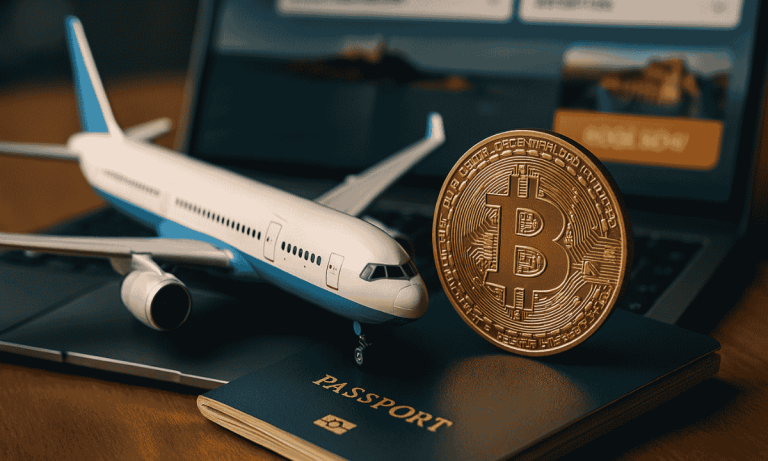If you’ve ever landed in Bangkok after a long-haul flight, you’ll know the feeling. Jet-lagged, slightly dazed, fumbling for a currency exchange kiosk while a driver waves a sign with your name. Now imagine skipping that dance altogether. Instead, you grab a coconut water, scan a QR code, pay in crypto, and head straight for the beach.
That’s the pitch behind TouristDigiPay, Thailand’s new digital payment system designed for international travelers who’d rather pay with Bitcoin, Ethereum, or stablecoins than fiddle with baht notes or high-fee cards.
Why Thailand? Why Now?
Thailand isn’t exactly a stranger to crypto. Bangkok’s coffee shops and co-working spaces have been accepting Bitcoin for years, and the country has flirted with blockchain pilots in banking and logistics. But what makes this move different is scale. TouristDigiPay isn’t a one-off experiment—it’s a state-backed system aimed squarely at the country’s lifeblood industry: tourism.
With nearly 40 million visitors in 2024, Thailand knows frictionless payments aren’t just a convenience—they’re a competitive edge. When you’re up against Bali, Dubai, and the Maldives, every little bit counts.
The Experience on the Ground
So what does this look like in practice? Picture a German backpacker grabbing street food in Chiang Mai. Instead of figuring out exchange rates, she taps her phone and pays in USDC.
A family booking a snorkeling trip in Phuket? Same deal. Even small vendors, who once preferred cash-only transactions, are joining the network thanks to low-cost onboarding support.
There’s also an appeal for crypto-native travelers. No need to worry about foreign card fees or unpredictable currency swings. Your wallet is your wallet—wherever you are.
The Bigger Play: Beyond Tourists
Of course, this isn’t only about making it easier to buy pad thai. Thailand is sending a signal: it wants to be seen as a Web3-friendly hub. The timing is clever. While some countries still hesitate over regulation, Thailand is leaning into crypto adoption in a way that feels pragmatic rather than speculative. By targeting tourism first—a sector where speed and ease matter—it sidesteps the thornier debates of institutional finance.
And there’s an upside for the local economy too. Crypto payments mean lower fees compared to credit cards, faster settlements for merchants, and potentially more spending from tourists who don’t feel nickel-and-dimed by hidden charges.
Risks and Reality Checks
That’s not to say it’s all smooth sailing. Currency volatility remains a concern, especially for small businesses reluctant to hold crypto. Stablecoins solve part of that, but regulatory clarity around custody and conversion will be critical. Then there’s the question of digital literacy—convincing a 60-year-old vendor in a floating market to accept Ethereum isn’t as easy as rolling out an app.
Still, Thailand is betting the demand outweighs the hurdles. And given the sheer number of crypto wallets now active globally—north of 500 million—it’s not a bad bet.
Why This Matters
What’s unfolding here is bigger than payment rails. It’s about experience. Travelers don’t remember how smooth their foreign exchange was at the airport. They remember whether the trip felt seamless. By embedding crypto into daily life—food stalls, taxis, tours—Thailand is telling the world, “We get what matters to modern travelers.”
Other tourism-driven economies will be watching closely. If TouristDigiPay works, don’t be surprised if you see “crypto accepted here” signs in Bali, Mexico, or the Greek islands next season.
For now, Thailand has stolen a march. It’s not just about temples, beaches, or nightlife anymore. It’s about making holidays feel effortless. And for a country built on hospitality, that might be its smartest move yet.







